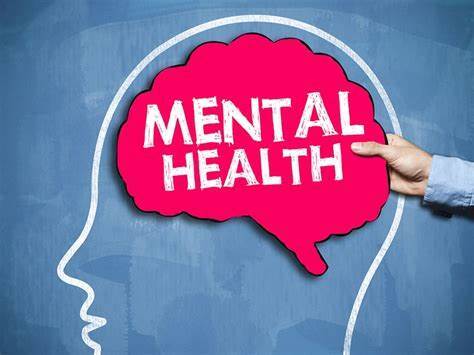October 10, 2023, World Mental Health Day served as a critical reminder of the importance of mental health in our lives, especially in light of rising rates of anxiety and depression among youth. Experts are calling for a concerted effort to prioritize mental health, advocating for better support systems to help individuals navigate the complexities of modern life.
The Current Mental Health Landscape
In recent years, there has been a notable increase in mental health issues, particularly among young people. Factors such as academic pressure, unemployment, and societal expectations contribute significantly to stress and anxiety. Dr. Yasir Hassan Rather, a psychiatrist at IMHANS, GMC Srinagar, emphasizes that this demographic is particularly vulnerable during critical phases of their lives when they are establishing careers and educational goals.
The statistics are alarming: outpatient departments are witnessing more young individuals presenting with generalized anxiety disorder, depression, and even suicidal ideation. Dr. Javaid Ahmad highlights that a significant percentage of the population suffers from various mental health problems today, including bipolar disorder and substance abuse issues.
Combatting Stigma
One of the most significant barriers to addressing mental health issues is the stigma associated with them. Dr. Rather points out that cultural beliefs and societal attitudes often prevent individuals from seeking help. To combat this stigma, experts advocate for multi-faceted strategies:
- Public Awareness Campaigns: Normalizing conversations about mental health can help reduce stigma.
- Education: Integrating mental health education into schools and workplaces can foster understanding and empathy.
- Training Healthcare Providers: Primary healthcare providers should be equipped to recognize and treat mental health issues effectively.
Creating safe spaces for discussions around mental health is essential for breaking down these barriers.
The Role of Socio-Economic Factors
Socio-economic stressors such as unemployment and academic pressure exacerbate mental health challenges. Dr. Rather explains that feelings of hopelessness and low self-worth often accompany unemployment, while academic pressures lead to burnout and anxiety disorders. These issues are compounded by financial insecurity and family expectations, creating a chronic state of psychological strain.
The COVID-19 pandemic has further intensified these challenges, leading to increased rates of clinical diagnoses for depression and anxiety among youth. Research indicates that the incidence of depression increased by approximately 60% from 2017 to 2021 in young populations.
Strategies for Support
Experts stress the need for proactive measures to support mental health:
- Mindfulness Practices: Techniques such as meditation can help manage stress.
- Therapy: Access to professional mental health services is crucial.
- Social Connections: Fostering strong relationships with peers and supportive adults can provide emotional stability.
Peer support programs have emerged as a promising option for improving access to care. These initiatives allow young people to connect with others who understand their struggles, providing a sense of community and belonging.
Conclusion
As we observe World Mental Health Day, it is crucial to recognize that mental health is not just an individual concern but a societal one. By prioritizing mental health through education, awareness campaigns, and accessible support systems, we can work towards creating a healthier society where individuals feel empowered to seek help without fear of stigma. The call to action is clear: make mental health a priority for a balanced life.







